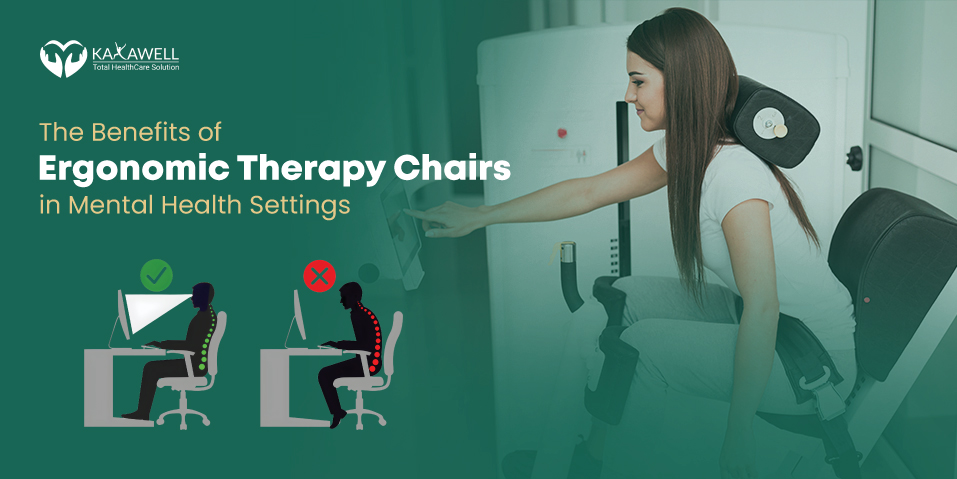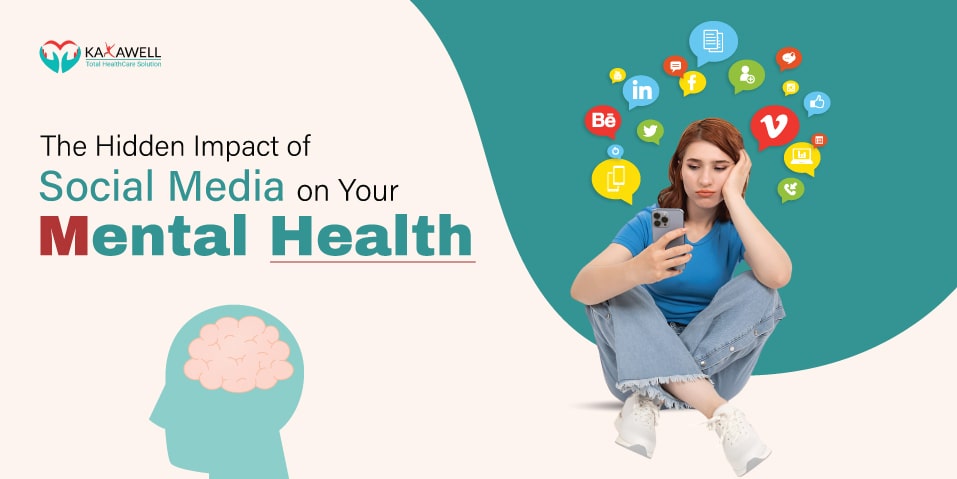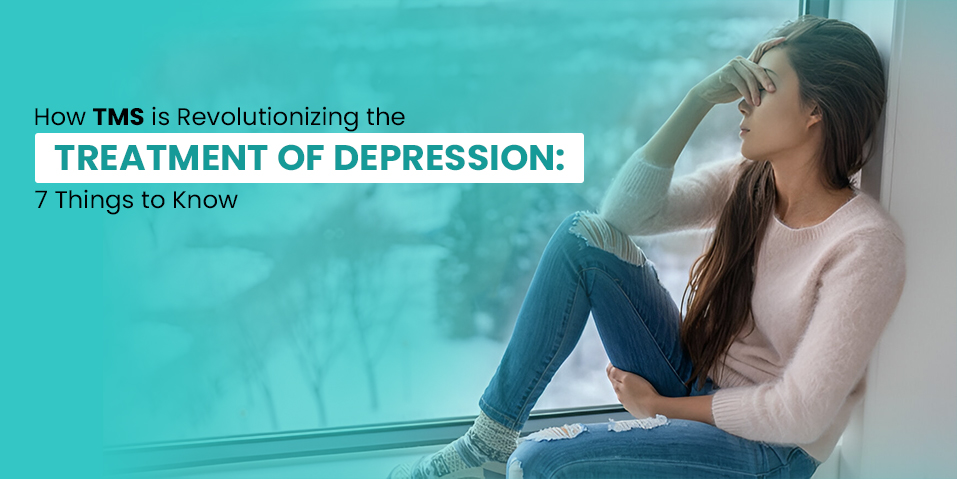Evening Intensive Outpatient Program: A Flexible Path to Mental Wellness
Mental health is crucial, and finding the right care can often feel overwhelming. As more people face stress, anxiety, and other mental health challenges, the demand for flexible treatment options rises. Evening Intensive Outpatient Programs ( Evening IOP) provide an effective solution for those looking to improve their mental wellness while managing busy lives.
The Growing Need for Flexible Mental Healthcare
Life can get hectic. Work, family, and social commitments can leave little room for traditional therapy appointments. Evening IOP caters to individuals who struggle to fit daytime treatment into their schedules, ensuring that mental health care is accessible and convenient.
Evening IOP: A Solution for Busy Lives
These programs offer therapy after regular working hours. This means that people can receive the necessary treatment without disrupting their daily routines. Evening IOPs allow individuals to work, study, or care for family while making progress in their mental health journey.
What to Expect from an Evening Intensive Outpatient Programs
Participants in an Evening IOP can expect a structured environment that focuses on recovery. Typical components include:
- Weekly group sessions for peer support.
- Individual therapy tailored to personal needs.
- Educational workshops on coping strategies and mental health awareness.
Understanding Evening Intensive Outpatient Programs
Defining Evening IOP: Structure and Format
Evening IOPs usually run several days a week for about three hours each session. They combine various therapeutic techniques and are designed for individuals stepping down from higher levels of care, like inpatient treatment, or those needing more support than standard outpatient therapy.
Eligibility Criteria and Admission Process
Not everyone may qualify for an Evening IOP. Generally, candidates must be:
- Struggling with mental health or substance use issues.
- Able to participate in group activities and therapy sessions.
- Committed to attending regularly.
Admission typically involves an evaluation by a mental health professional to determine suitability.
Differences Between Evening IOP and Other Treatment Options
Evening IOPs differ from inpatient programs, which require 24/7 care, and standard outpatient programs that may not provide enough structure. The flexibility of Evening IOPs bridges the gap, allowing individuals to receive comprehensive care while maintaining their daily lives.
Benefits of Evening Intensive Outpatient Programs
Maintaining Work/Life Balance
Evening programs offer the flexibility to attend work or school during the day while still receiving needed care. This is particularly beneficial for individuals who fear losing their jobs or compromising their education during treatment.
Access to Specialized Therapies
Evening IOPs often provide a range of specialized therapies, including:
- Cognitive Behavioral Therapy (CBT)
- Dialectical Behavior Therapy (DBT)
- Trauma-Informed Care
These therapeutic approaches address various mental health challenges effectively.
Building a Supportive Community
Connecting with others facing similar issues fosters a sense of belonging. Group sessions in Evening IOPs allow participants to share experiences and support each other, reducing feelings of isolation.
Treatment Modalities in Evening IOP
Evidence-Based Therapies Offered
Evening IOPs focus on evidence-based practices that have proven effective in treating mental health conditions. Participants often benefit from:
- Psychoeducation to understand their mental health.
- Skills training to manage emotions and stress.
Group Therapy and its Benefits
Group therapy is a staple of evening programs. It provides an opportunity for individuals to share, learn from one another, and gain different perspectives on their struggles. The collective experience can be incredibly healing.
Individual Therapy Sessions
Alongside group therapy, individuals also participate in one-on-one sessions with licensed therapists. These personalized interactions allow for tailored strategies and deeper exploration of personal challenges.
Finding the Right Evening Intensive Outpatient Programs
Factors to Consider When Choosing a Program
When searching for an Evening IOP, consider:
- Location: Find a program close to home or work for ease of access.
- Schedule: Ensure the program hours fit your availability.
- Reputation: Look for reviews and success stories.
Assessing Program Accreditation and Credentials
Make sure the program is accredited and staff members are qualified. This ensures quality care and adherence to professional standards.
Navigating Insurance Coverage and Financing
Many insurance plans cover IOP services, but it’s crucial to verify coverage. Understanding costs upfront helps in making informed decisions about care.
Potential Challenges and Considerations
Time Commitment and Scheduling Flexibility
While the approach is flexible, evening programs still require a consistent time commitment. Consider your current workload and family obligations when enrolling.
Potential Disruptions to Daily Routine
Adjusting to a new schedule can be tough. Balancing therapy with personal and professional responsibilities may take time and careful planning.
Addressing Relapse Prevention
Evening IOPs equip participants with skills to prevent relapse. Continued support and aftercare plans are vital for long-term success in mental health.
Conclusion
Evening Intensive Outpatient Programs offer valuable mental health support tailored to busy lifestyles. They provide flexibility, specialized therapies, and a community network for healing.
Key Takeaways and Next Steps
If you or someone you know is struggling with mental health, consider exploring Evening IOP options.
Resources for Finding Mental Health Support
Look for local treatment centers or online directories to discover programs that fit your needs.
Encouraging Self-Care and Ongoing Wellness
Prioritizing mental health is essential. Remember to take care of yourself, seek help, and stay connected with supportive communities.


